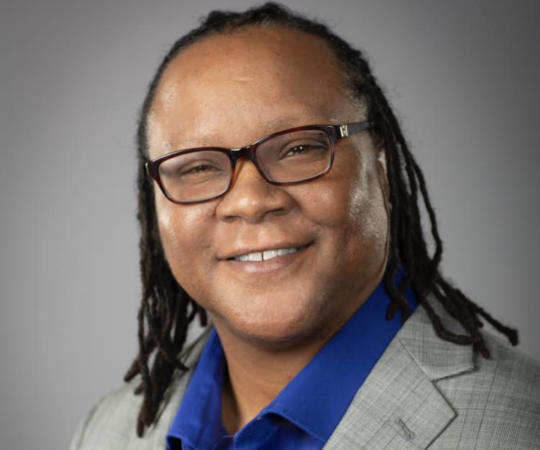Conversations about the STEM field always seems to include rhetoric of how there is a lack of diversity. And while that has been true for many years, today there are thousands of scientists, mathematicians, and engineers who work everyday to make valuable contributions to their industries. One such individual is Kelly Cross, Assistant Professor of Chemical Engineering at the University of Nevada Reno.
Cross is one of 1,000 Black men and women named as the most “Inspiring Black scientists in America.” The list was culminated by a Community of Scholars at Cell Mentor, an online resource for career advancement in STEM.
According to Cell Mentor, the list was created to debunk the idea that there is only a small percentage of Black scientists in the scientific community and “remove the bleach” from our history books.
“Growing up, I didn’t know any scientists or engineers, and during my entire engineering education, I never had a Black female professor. I want fewer students to make that statement,” she said, according to Nevada Today. “So, to me, the list is a reminder to me that we need to inspire the next generation of scholars of color and be a living example [of] excellence in science and engineering.”
Cross was recognized for her research on issues of diversity in STEM and inclusive teaching practices. According to Nevada Today, she completed her doctoral program in the Engineering Education Department at Virginia Tech in 2015 and worked as a post-doctoral researcher with the Illinois Foundry for Innovation in Engineering Education at the University of Illinois.
Cross says she’s thankful for the community of support from professors, friends, mentors and peers that helped her get to where she is today.
“To achieve our desired goals of diversity, equity, and inclusion, I think we need to redesign our educational model,” she said. “Like a true engineer, I think we must design systems to operate and function in particular ways.”
As a Black scientist, she says she will continue to work and research ways to make science more accessible and advises young scholars to know themselves and have a vision.


